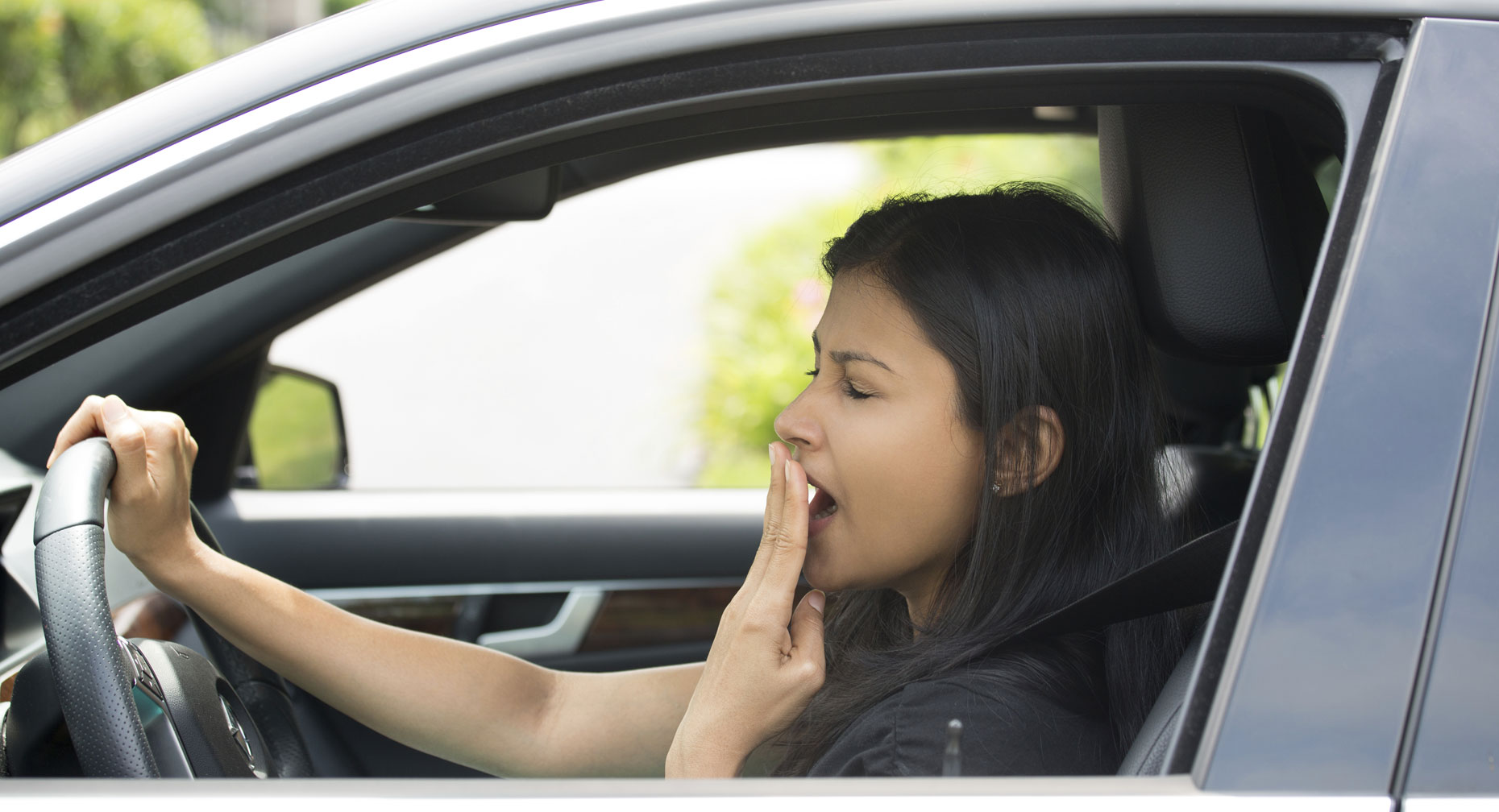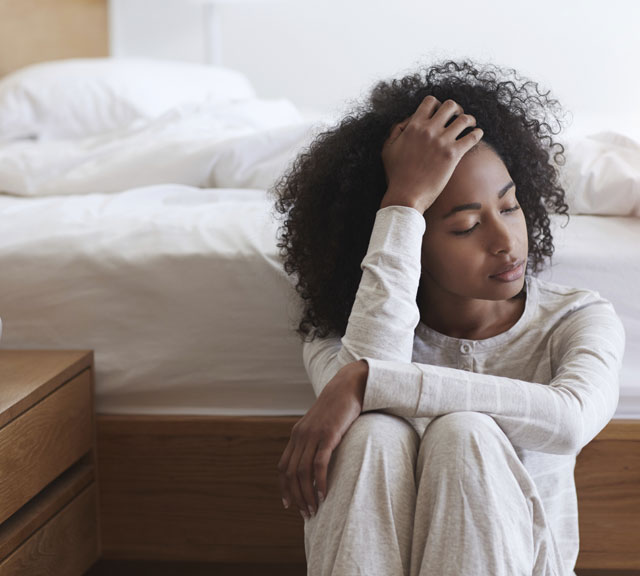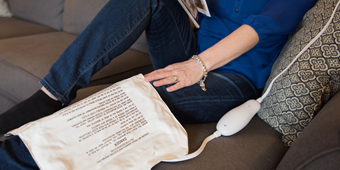Are You Sleepy? You May Be Grumpy and Dopey, Too

Answer a few questions and we'll provide you with a list of primary care providers that best fit your needs.
Shortchanging yourself on sleep can mess with your mental health, your physical health, your quality of life and your safety. While a cup of coffee or a nap can help temporarily, the only real solution is to get the sleep you need – every night – to meet your body’s unique needs.
Your first step is to name the cause. Stress at home or work could be the culprit. You may suffer from sleep apnea, a condition that causes you to stop breathing many times during sleep. Snoring, snorting or gasping noises during sleep could be telltale signs of sleep apnea. You might also have insomnia – trouble falling and staying asleep.
Don’t ignore the signs. Your sleep shortage could pose serious consequences, says Dr. Christopher Lauricella, DO, of Family Medicine of Vandalia.
Click play to watch the video or read video transcript.
Dr. Lauricella recommends asking your doctor for help to get back to sound slumber. Together, you can find a solution to avoid the serious side effects of sleep deprivation.
Don’t Wake Up to Chronic Illness
Skimping on sleep has been linked to many chronic diseases:
- Diabetes: Insufficient sleep is linked to an increased risk for developing Type 2 diabetes. If you already have Type 2 diabetes, getting enough good-quality sleep can be an important way to improve blood sugar control.
- Cardiovascular disease: People with sleep apnea are at a higher risk for a number of cardiovascular diseases – hypertension, stroke, coronary heart disease and cardiac arrhythmias (irregular heartbeats).
- Obesity: Habitual lack of sleep can lead to metabolic changes that are linked to obesity.
- Depression: Sleep and depression have a complicated relationship. Sleep disturbance can be a key symptom of depression – and depression may decrease once sufficient sleep is restored. If you have a sleep disorder, it’s important that you and your doctor be on the lookout for any signs of depression.
Your sleep shortage could pose serious consequence
Don’t Drowse and Drive
We all know that drinking and driving don’t mix, but drowsy driving – when you’re behind the wheel and feeling sleepy – can be equally dangerous. If you can’t remember the last few miles you’ve driven, or you missed your exit or drifted out of your lane, pull over to rest or change drivers.
Listen to Your Body
While the most common outcome of sleep deprivation is excessive daytime sleepiness, your body will give you other clues that it needs more shuteye by responding with one or more of these symptoms:
- Irritability
- Lack of motivation
- Lack of concentration
- Anxiety
- Fatigue
- Restlessness
- Lack of coordination
- Increased errors
- Forgetfulness
- Lack of energy
Answer a few questions and we'll provide you with a list of primary care providers that best fit your needs.
Source: Centers for Disease Control and Prevention, American Academy of Sleep Medicine, Christopher Lauricella, DO, Family Medicine of Vandalia






